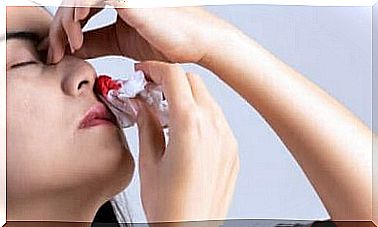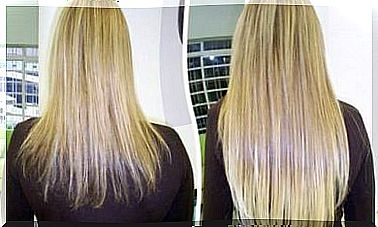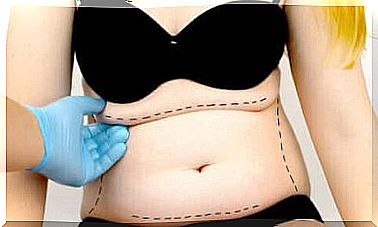10 Common Possible Causes Of Hair Loss You Should Know About
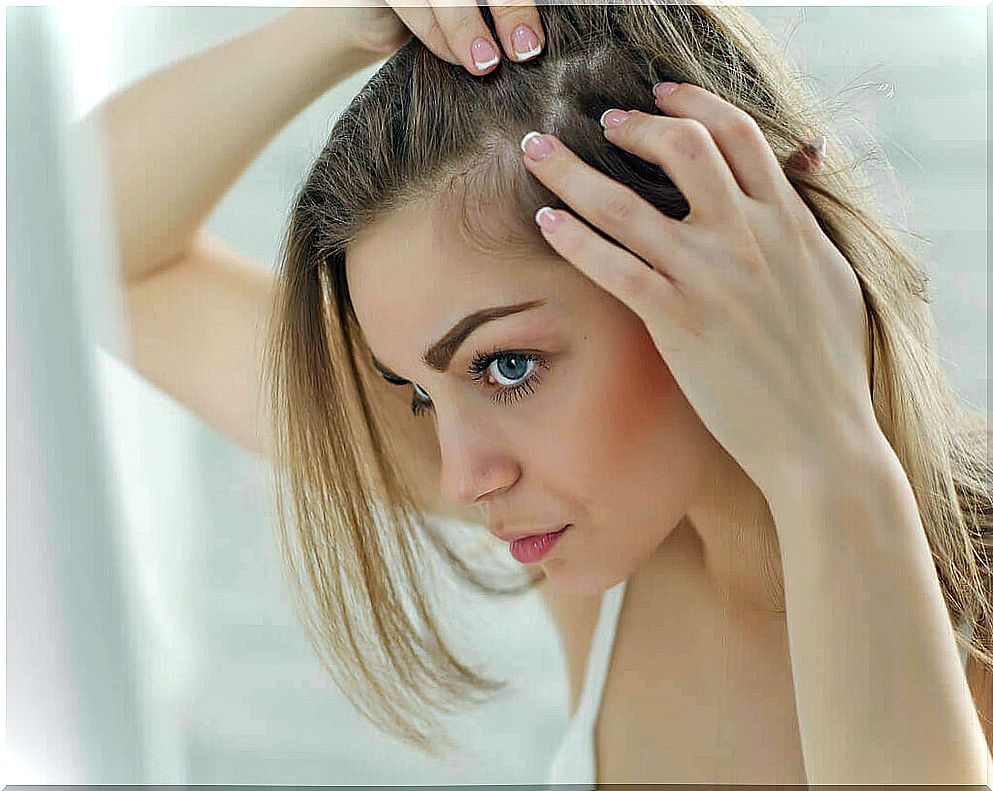
Every time you take a shower, you worry that you may be bald… and we are not even going to start with the hair left on your brush. However, there are clear causes for hair loss that you should be aware of.
While it is normal to lose a few strands of hair, it stops being “ok” when we see lumps of hair on the shower floor, brush or pillow.
In today’s article we will talk about some causes of hair loss.
When is it normal to lose hair?
Losing hair can be devastating for some people. However, we should know that it is not always a “bad” thing we have to stress about.
It is actually normal to lose between 50 and 100 hairs a day.
Losing hair is physiological as the hair passes through different phases: growth, intermediate and shedding. To understand the phases, we should understand that when the hair falls out from the scalp, it “makes room” for new, healthy hair.
This change is natural, and in most cases the fallen hairs are rebuilt or replaced.
In addition, we should also keep in mind that at certain times of the year we may see more hair or less hair loss. As an illustration, we lose more hair at the beginning of autumn.
What we should be concerned about and take action against is not the amount of hair left on our brush, but rather how our scalp looks.
For example, if there are “bald spots” where the hair does not grow or if there is a visible reduced density of hairs, we should start to worry.
Several causes of hair loss: Why does hair fall out?
Apart from normal hair loss or seasonal factors, we should remember that there are some factors that increase hair loss:
Poor diet

A restrictive diet, skipping meals (especially breakfast) and eating too fast are one of the main causes of hair loss and other health consequences.
A poor diet affects both our internal and external health, and therefore we can also suffer from darker skin and weak nails.
2. Anemia
Iron deficiency in the blood can also lead to hair loss.
During menstruation, women often lack iron and may lose more hair. People who suffer from anemia experience something similar.
3. Pharmaceutical drug use

Hair loss is among the side effects of many pharmaceutical drugs and medications. Take special care, especially if the medicines contain beta-blockers, heparin, amphetamine or L-DOPA.
4. Chemical use
Many times, “doing everything for the hair” will have negative consequences for it. This also includes exaggerating the use of hair loss treatments.
Some products, such as dyes or chemical corrective treatments, contain harmful ingredients for our health (including ammonia) that weaken the hair follicles and cause them to fall out faster.
If you are losing a lot of hair, you may want to consider stopping dyeing your hair or gradually quitting it.
5. Hormonal changes
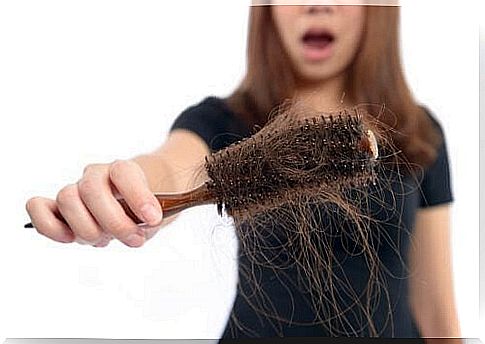
In addition to the iron deficiency that occurs during menstruation, we must also add that during the menstrual cycle, hormones are “revolutionized” and can be a strain on the scalp.
The same can be said for the following situations: pregnancy, childbirth, menopause and even in cases of certain diseases or treatments where hormone levels change (for example, fertility treatments).
6. Thyroid problems
When the thyroid gland does not function properly and functions more slowly than normal, it has a major impact on our health.
One of these effects is that it can lead to hair loss. However, thyroid complications do not lead to “bald spots” in certain areas, but rather hair loss throughout.
You can see hairs on the shower floor, on your brush or pillow.
7. Stress can lead to hair loss
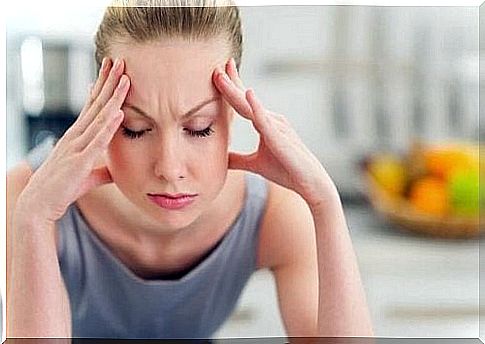
Everyday problems, obligations, accumulation of work, sudden changes… they can all cause stress. Stress can cause various consequences such as leading to hair loss.
Hair loss can also occur several months after a stressful period of time or situation. We may notice several loose strands of hair when we have to take on additional responsibilities (such as an annual report at the end of the year) or important event (moving, wedding…).
8. Being too rough against the hair will lead to hair loss
Hair must be treated in a certain way to prevent it from falling out.
If we often set up dense hairstyles using hair bands and hairpins, if we use a straightener or hair dryer, or if we sleep with our hair in a ponytail, it is very likely that our hair will be damaged and weak.
In addition, be careful to use plastic brushes with sharp, snug “needles” because they damage the hair and pull out strands of hair with each brush stroke.
9. Depression can lead to hair loss
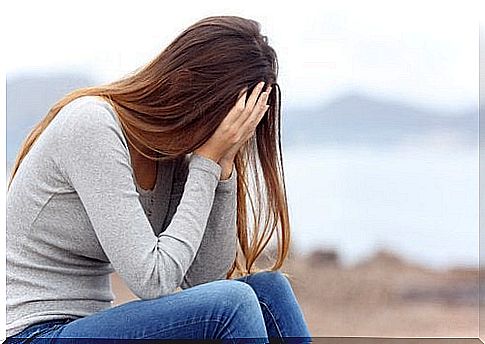
You may not believe it, but feelings of anxiety, depression or low self-esteem also have an impact on our physical and aesthetic health.
Many hair-related problems are often triggered by a trauma or an emotional pain that we have not overcome.
10. Time of year
Although we may have evolved significantly from our ancestors, we still have some things in common.
It is the body’s natural response to adapt to the surrounding climate changes.
You will see the process going on in your pet: they may shed more hair in some seasons, but it is not necessary to seek treatment to prevent it.
When cleared, they are cooled in summer and warm in winter. The human body has a similar system.



